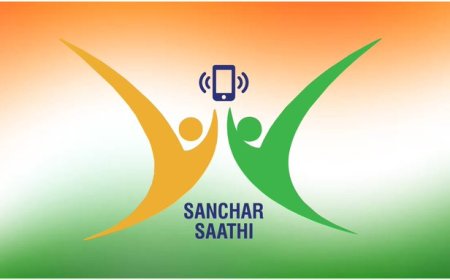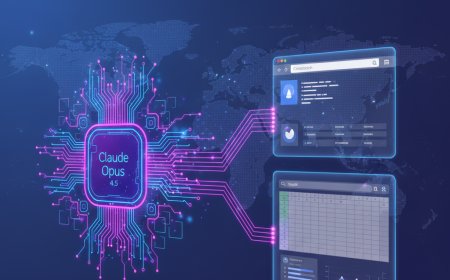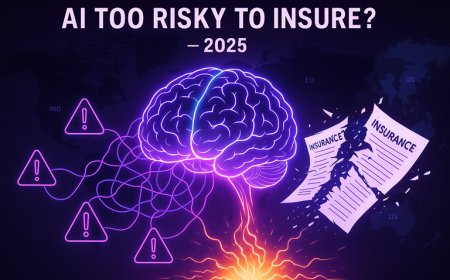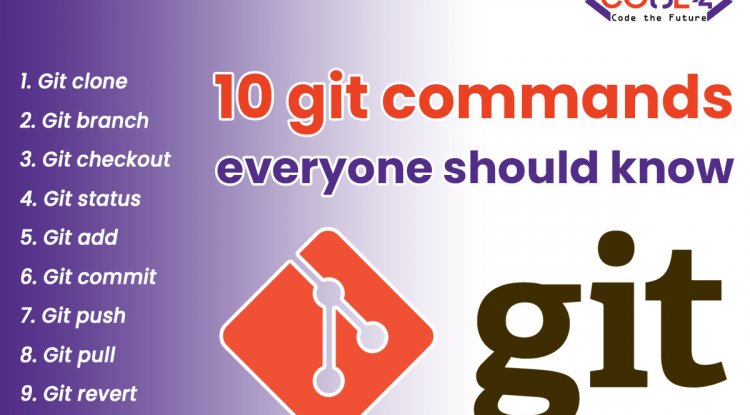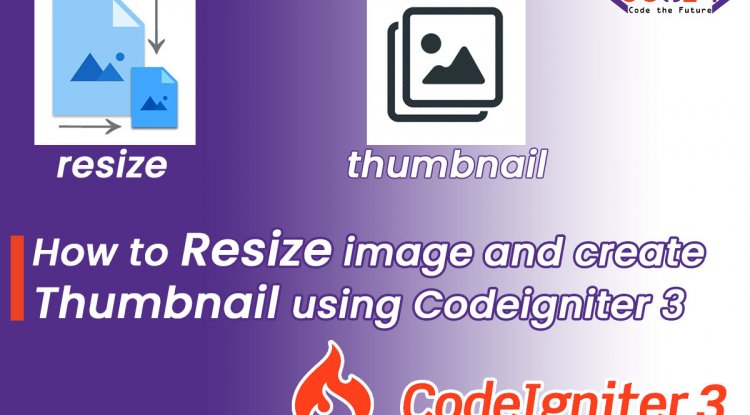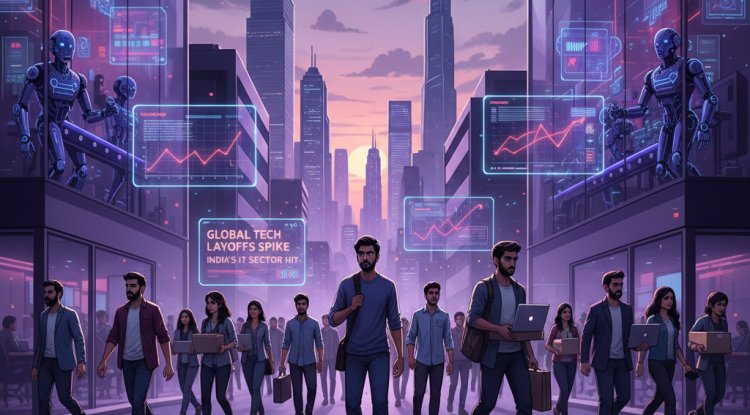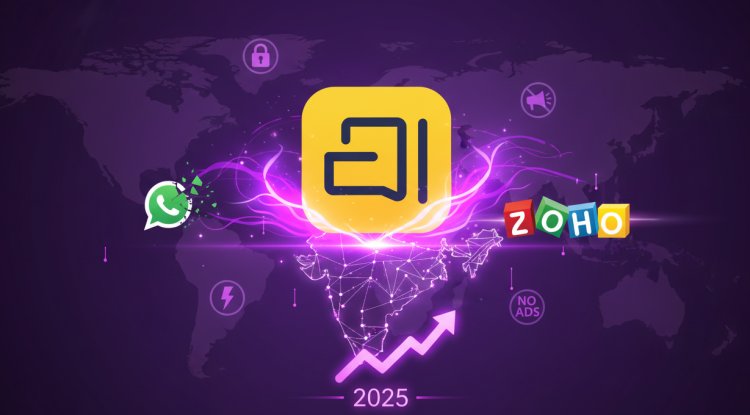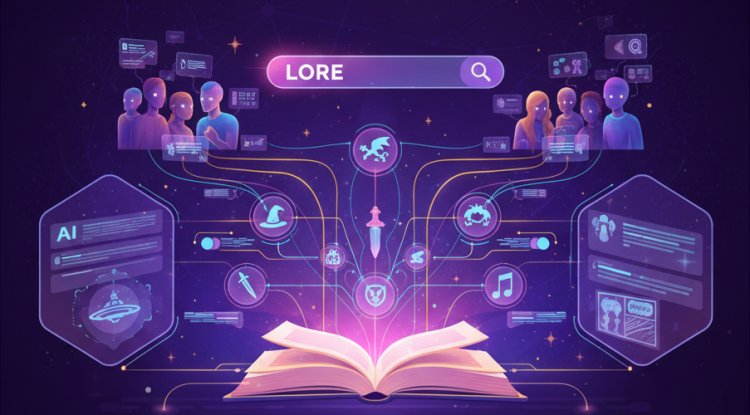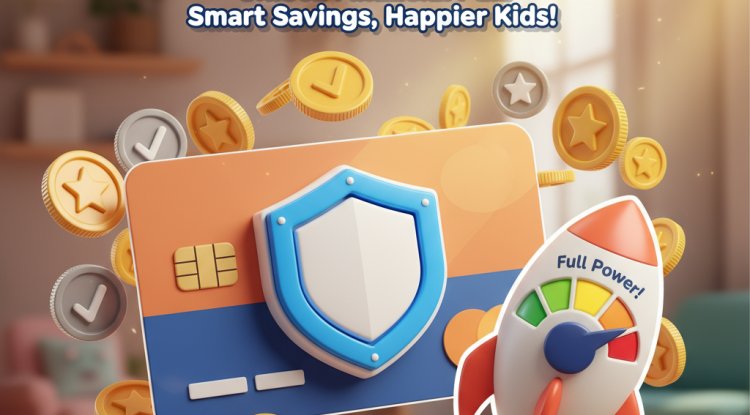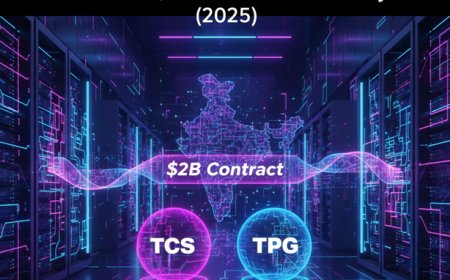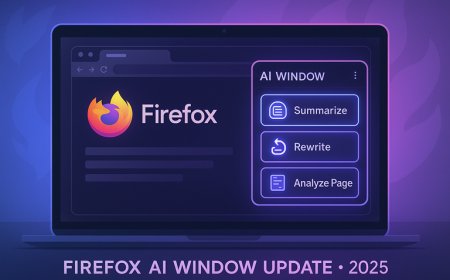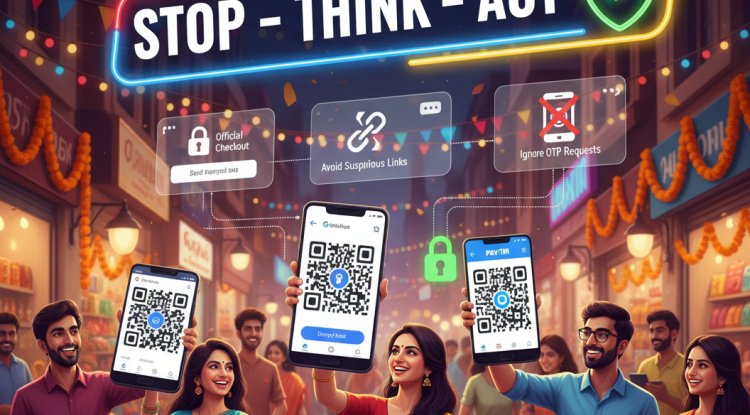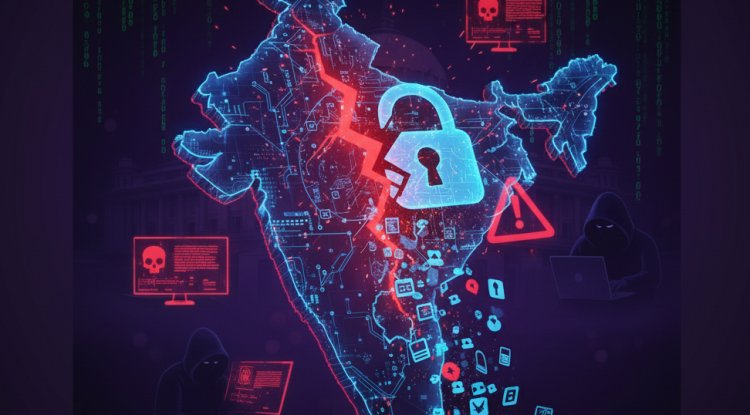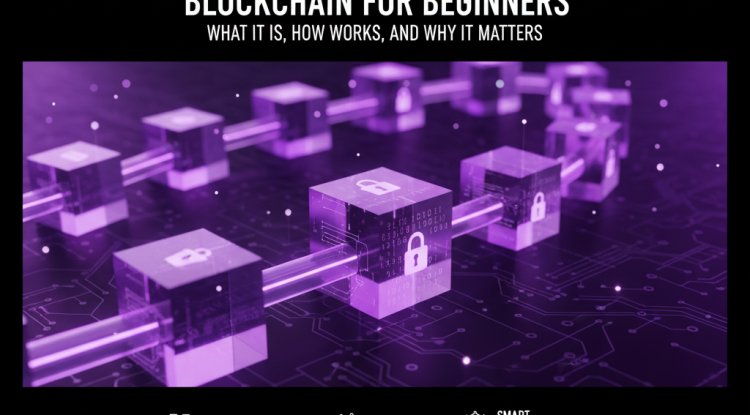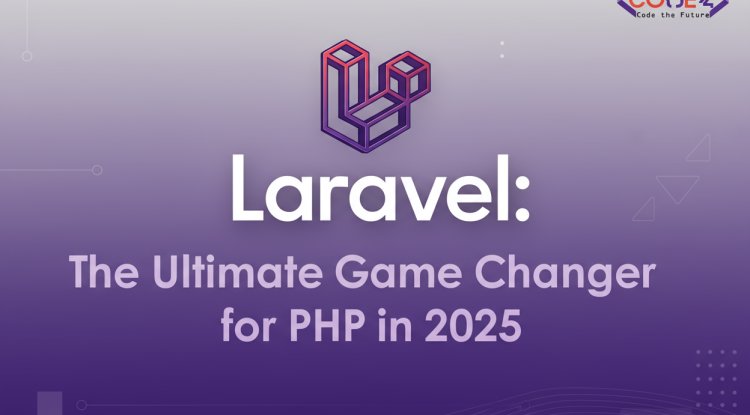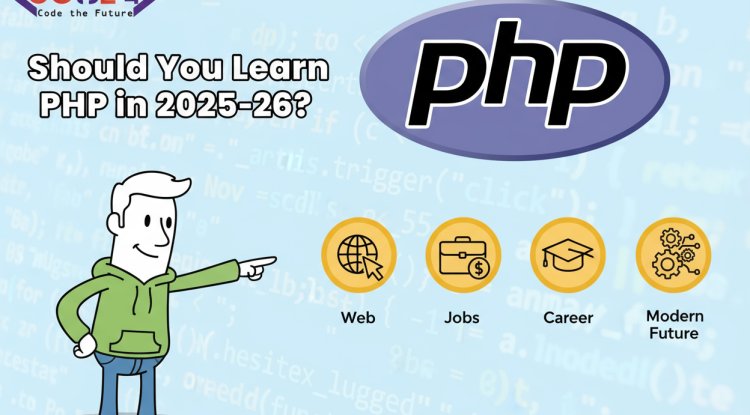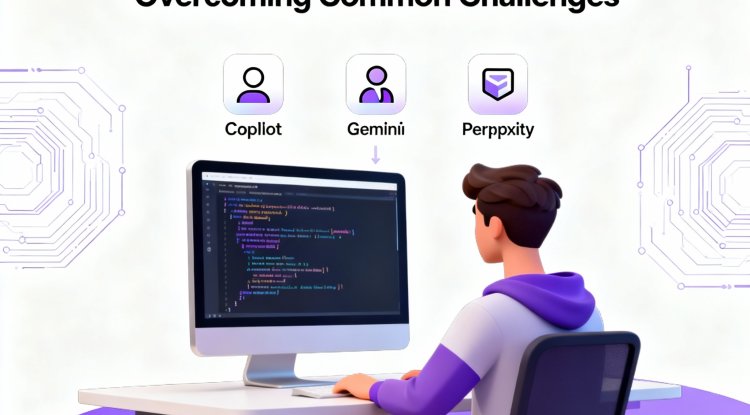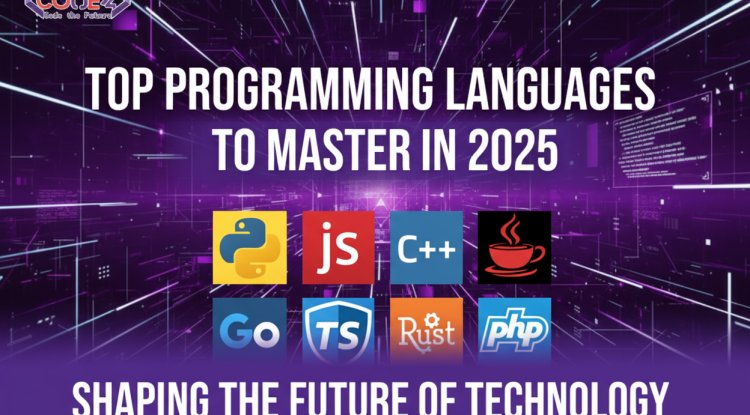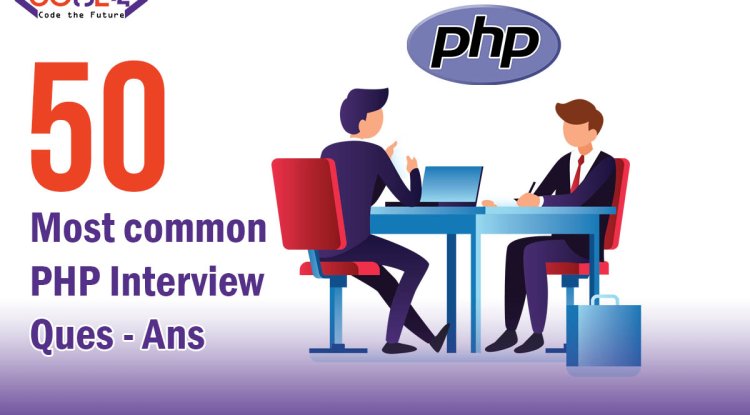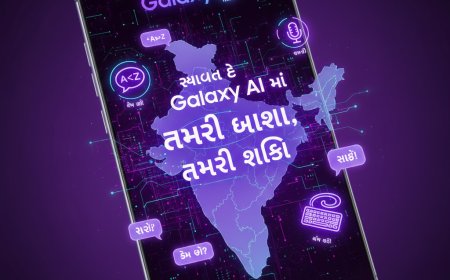Wikipedia Pageviews Drop as GenAI Search and Social Video Change How We Seek Facts
Wikipedia reports an 8% year-over-year decline in human traffic, citing the rise of generative AI search summaries and social video platforms. As web visitors shift behaviors, the foundation urges tech companies and users alike to support citations, volunteer editors, and content creation to preserve trusted knowledge online.

Wikipedia’s Human Pageviews Fall—AI Search and Social Video Shift Information Discovery
- The trend: Wikipedia, long dubbed the internet’s last bastion of human-curated, reliable facts, saw an 8% drop in human visits as reported by the Wikimedia Foundation. New bot detection revealed earlier traffic spikes were mostly artificial, exposing deeper changes in how people access knowledge.
- Key reasons: Younger users are turning to social video platforms for information, and search engines are increasingly using generative AI to summarize answers instead of linking to Wikipedia or other source sites.
- Industry reaction: Google disputes that its AI features reduce site traffic, but Wikipedia’s analysis links the decline to AI search summaries and the changing habits of online fact-seekers.
- Why it matters: Fewer human visitors mean fewer Wikipedia volunteers to build and improve articles, as well as reduced individual donor support—putting collaborative knowledge at risk.
How AI Search and Social Media Are Redefining the Web’s Knowledge Ecosystem
- With direct answers in search: People increasingly get information from AI-generated text blocks, bypassing traditional citations and deep reading.
- Rise of social video: TikTok, Instagram Reels, and YouTube Shorts enable new info-sharing cultures; fewer users click through to encyclopedias, instead favoring quick, visual explanations.
- Risks for Wikipedia: Fewer readers can mean fewer content editors, and less support for open-access knowledge infrastructure.
Wikipedia’s Response: Attributions, Outreach, and Volunteer Calls
- The foundation is developing better frameworks for content attribution and transparency in AI systems that rely on Wikipedia.
- Two teams are working to reach new audiences and invite more volunteers to edit and enrich content.
- Wikipedia recently paused its own AI summary project after editor pushback, highlighting challenges in balancing automation versus content integrity.
“When you search for information online, look for citations and click through to the original source material. Talk with others about the value of trusted, human-curated knowledge—and support the people creating it.” —Marshall Miller, Wikimedia Foundation
The Path Forward: Collaboration and Content Integrity in the AI Era
- Wikipedia calls on AI, search, and social platforms to encourage more visits and citations, not just answer summaries.
- Users should prioritize content integrity by supporting sources and engaging with original materials, sustaining open knowledge creation.
FAQ – Wikipedia, AI Search, and the Shifting Web
FAQs – Wikipedia Traffic and GenAI
Internal links: GenAI & Web Impact, Wikipedia Analysis, AI Content Integrity Features
Sources & Further Reading
Sources: TechCrunch, Wikimedia Foundation Blog, expert commentary
Sneak peek: As AI-driven answers proliferate, watch for new frameworks, editor outreach, and attribution models to protect the open web’s last reliable knowledge platforms.
What's Your Reaction?
 Like
0
Like
0
 Dislike
0
Dislike
0
 Love
0
Love
0
 Funny
0
Funny
0
 Angry
0
Angry
0
 Sad
0
Sad
0
 Wow
0
Wow
0
